- Overview
- Causes, Risks & Prevention
- Signs & Symptoms
- Tests & Diagnosis
- Your Lung Cancer Care Team
- Treatment
- Living With
- Remission & Recurrence
- Support & Resources
- Appointment Prep
- View Full Guide
Eating When You Have Lung Cancer

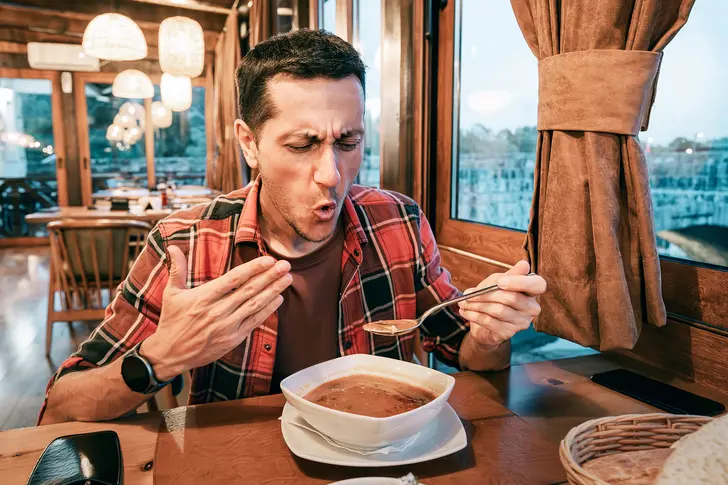
Eating When You Have Lung Cancer
When you have lung cancer, your immune system may be weakened, making you more likely to get foodborne illnesses. Proper food safety is crucial to protect your health during treatment. Fortunately, it's usually easy to spot problem foods. Guidelines for things to limit or avoid are clear and simple to follow. You can opt for healthy choices along the way.
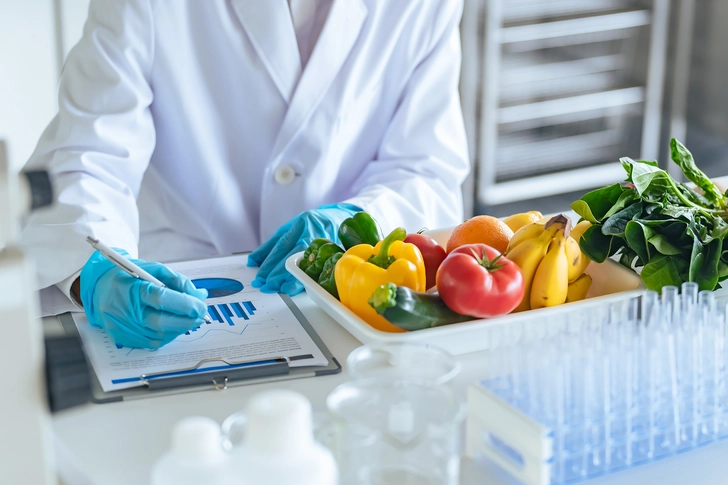
Foods to Avoid
If you're well-nourished, you'll have fewer nutrition-related treatment side effects, such as fatigue or nausea. Fried or super-spicy foods can trigger side effects, such as nausea. Very hot (temperature-wise) foods and liquids can upset your stomach. Dairy products also can lead to stomach upset. Don't drink lots of caffeine, which can cause you to become dehydrated, and avoid drinking alcohol.
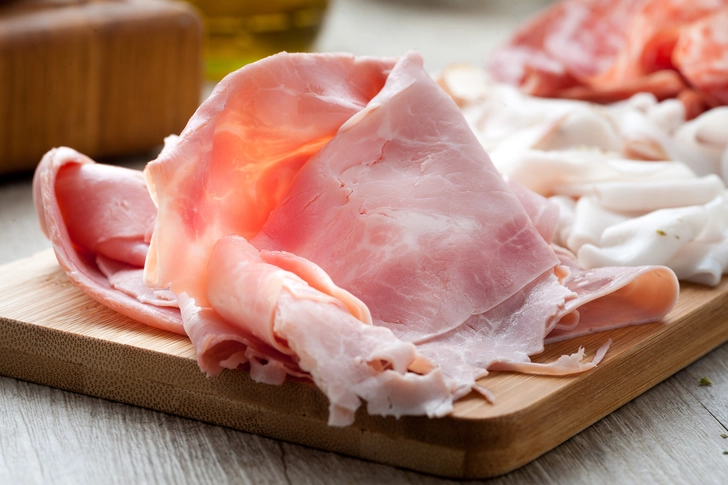
Skip the Deli
When shopping, avoid deli counters. Presliced deli meats and cheeses can contain harmful bacteria, such as listeria, which can cause serious infections in people with weakened immune systems. These products are often stored for long periods and may not be heated to temperatures that kill bacteria before serving.
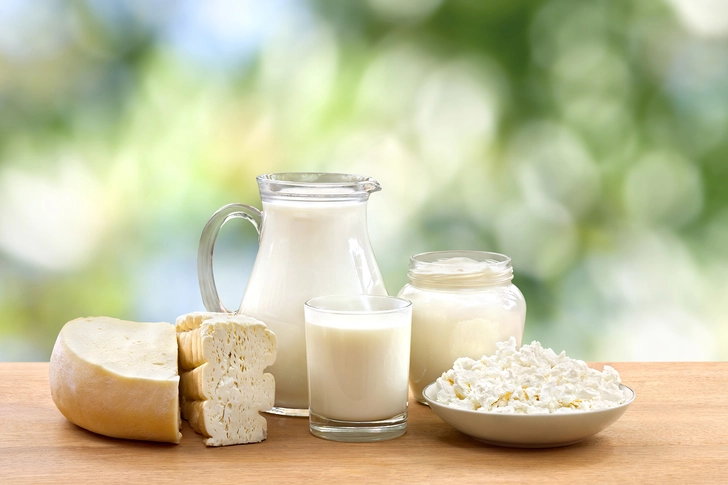
Stay Away From Unpasteurized Dairy
Raw milk and unpasteurized dairy products should be avoided entirely. These can contain harmful bacteria that are normally killed during the pasteurization process. Look for labels that clearly state "pasteurized" when buying milk, cheese, yogurt, and other dairy products. If you're unsure whether a product is pasteurized, it's best to choose an alternative.
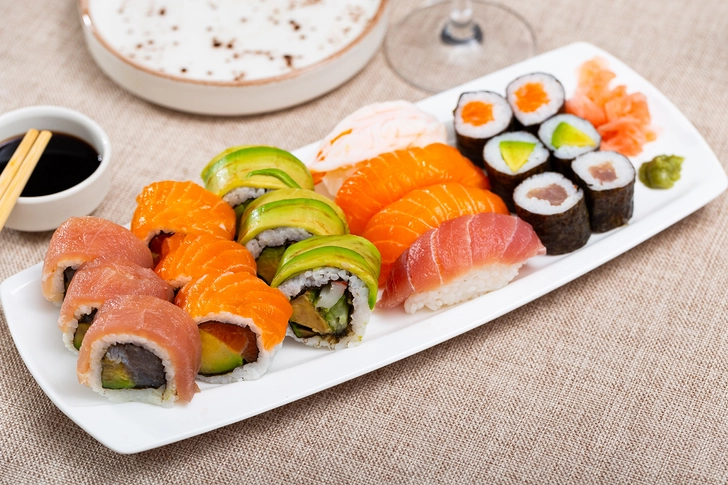
Say No to Sushi and Raw Seafood
While at the store or dining out, avoid sushi and other raw seafood dishes. Raw fish can contain parasites and bacteria that are typically killed during cooking. For lung cancer patients with compromised immune systems, these pathogens pose a significant risk. If you enjoy seafood, opt for fully cooked options instead.

Cook Eggs Thoroughly
When preparing meals at home, ensure eggs are cooked thoroughly. Avoid soft-boiled, over-easy, or sunny-side up eggs, as these may contain salmonella bacteria. Instead, cook eggs until both the white and yolk are firm. You can also use pasteurized egg products. These have been treated to kill harmful bacteria while retaining the egg's nutritional benefits.
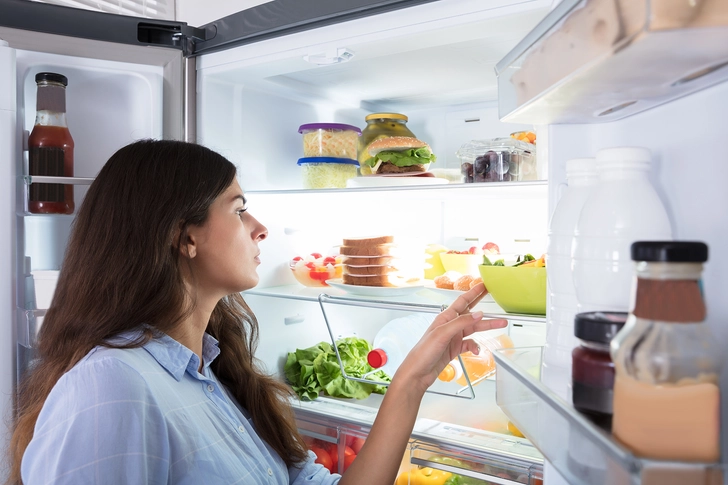
Handle Leftovers Safely
Refrigerate leftovers within two hours. Store leftovers in shallow containers to cool quickly and evenly. When reheating, ensure the food reaches an internal temperature of 165 F (74 C). Discard any leftovers that have been in the refrigerator for more than three days.
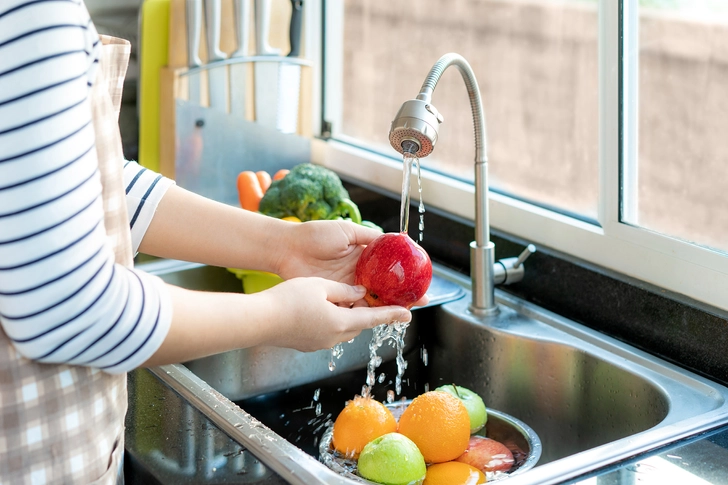
Wash Produce Thoroughly
Fresh fruits and vegetables are important for a healthy diet, but they can harbor bacteria on their surfaces. Always wash produce thoroughly under running water, even if you plan to peel it. Use a clean vegetable brush for firm produce such as melons or potatoes. If those leafy greens are too hard to wash, it's best to skip them for now. Skip alfalfa and other raw sprouts. Bacteria thrive in the moist conditions where sprouts grow.
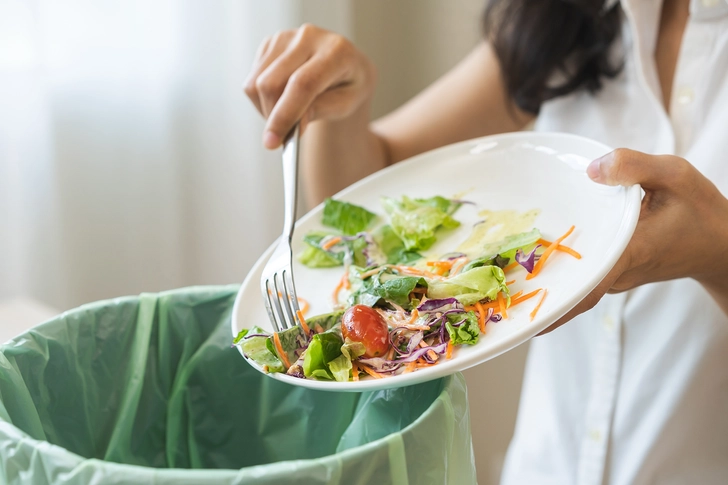
When in Doubt, Throw It Out
If you're unsure about a food's safety, it's best to discard it. This applies to foods that have been left out too long, those past their expiration date, or anything that looks or smells suspicious. Your health is more important than any potential food waste.
PHOTO CREDENTIALS
Slide 1 - frantic00/Shutterstock
Slide 2 - metamorworks/Shutterstock
Slide 3 - Valerio Pardi/Shutterstock
Slide 4 - Anastasiia Malinich/Shutterstock
Slide 5 - BearFotos/Shutterstock
Slide 6 - New Africa/Shutterstock
Slide 7 - Andrey_Popov/Shutterstock
Slide 8 - PrasitRodphan/Shutterstock
Slide 9 - Kmpzzz/Shutterstock
SOURCES:
Colleen Spees, PhD, MEd, RDN, LD, FAND, associate professor, Division of Medical Dietetics Director, Hope Lab, Comprehensive Cancer Center, The Ohio State University Medical Center.
Oncotarget: "Prevalence of malnutrition in patients at first medical oncology visit: the PreMiO study."
University of California San Francisco: "Diet for Cancer Treatment Side Effects."
American Cancer Society: "Food Safety During Cancer Treatment."
National Cancer Institute: "Eating Hints: Before, During, and After Cancer Treatment."
FDA: "The Dangers of Raw Milk: Unpasteurized Milk Can Pose a Serious Health Risk," "What You Need To Know About Egg Safety."
CDC: "Outbreak of Listeria Infections Linked to Deli Meats."
American Society of Clinical Oncology (ASCO): "Foods to Avoid During Cancer Treatment."
Academy of Nutrition And Dietetics: "Are Sprouts Safe to Eat?"
Keck Medicine: "What to Eat After You've Been Diagnosed With Cancer."
USDA Food Safety and Inspection Service: "The Big Thaw -- Safe Defrosting Methods for Consumers."